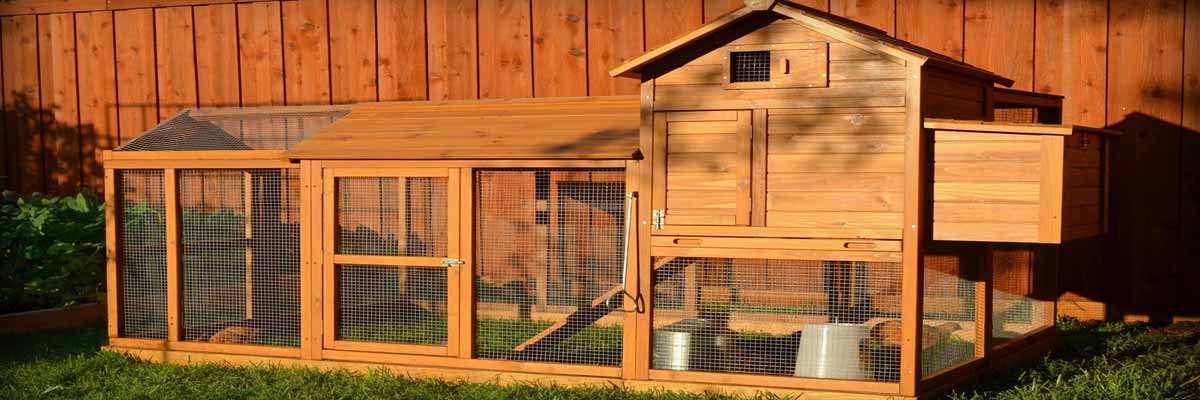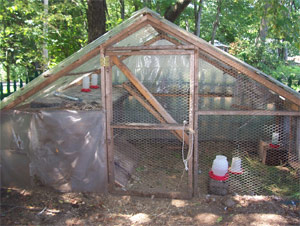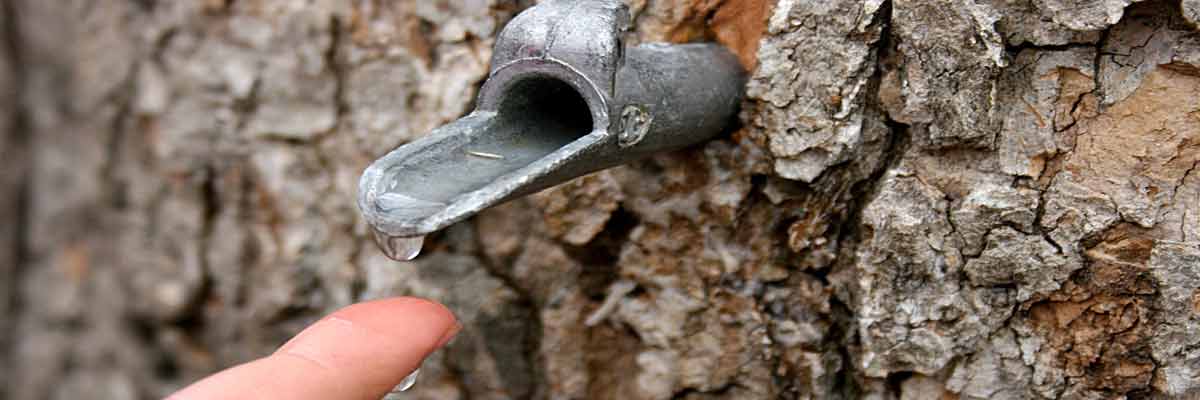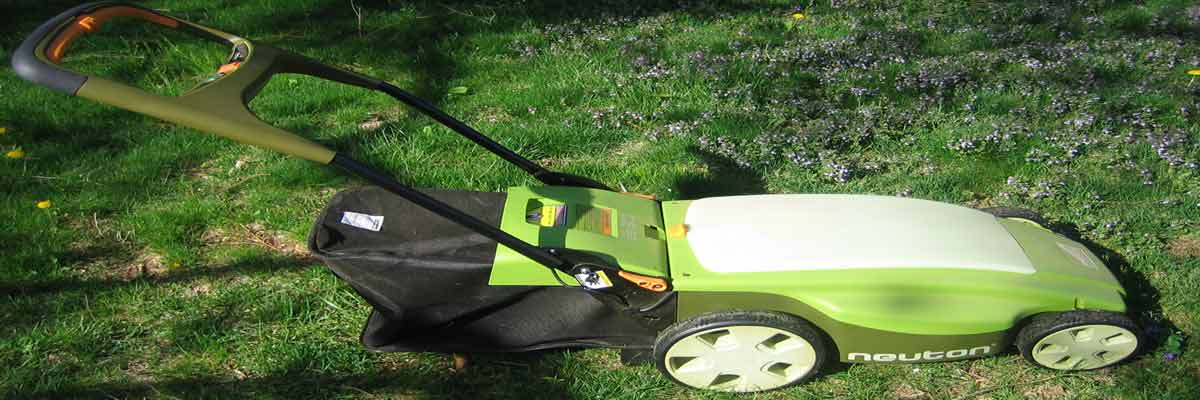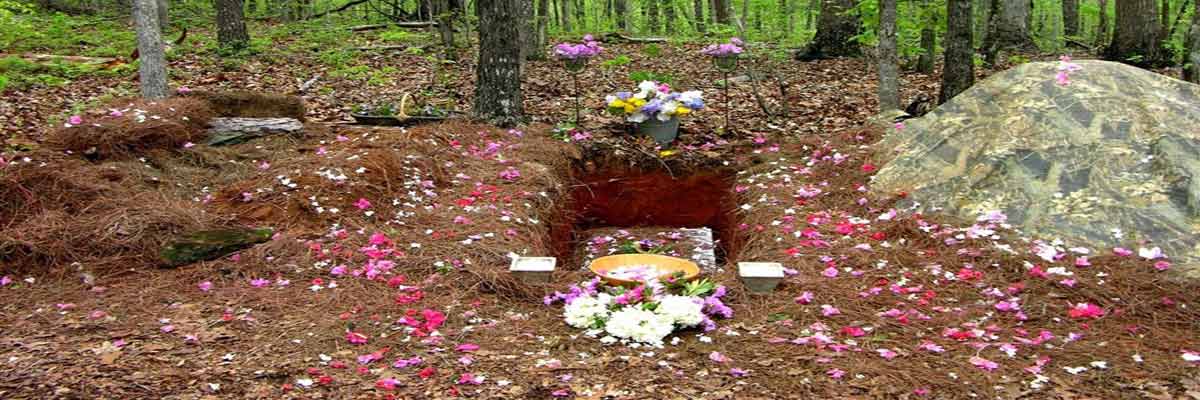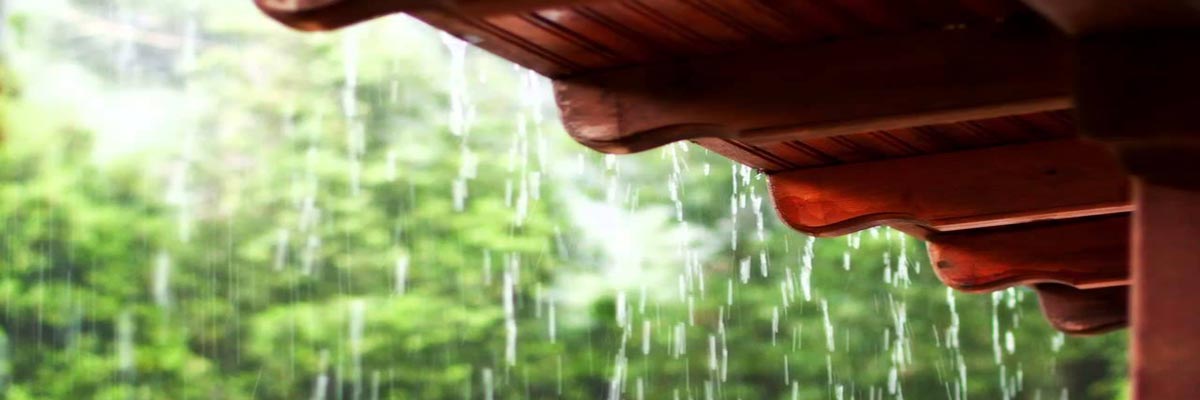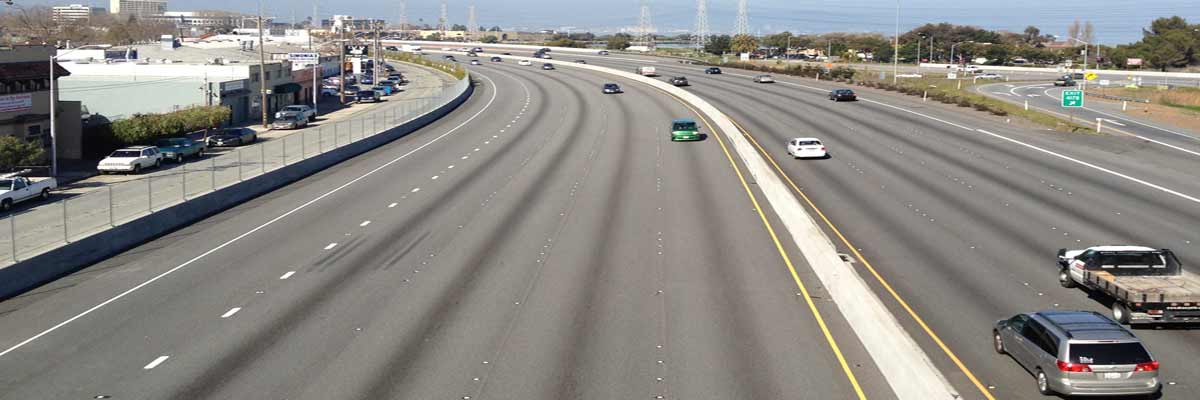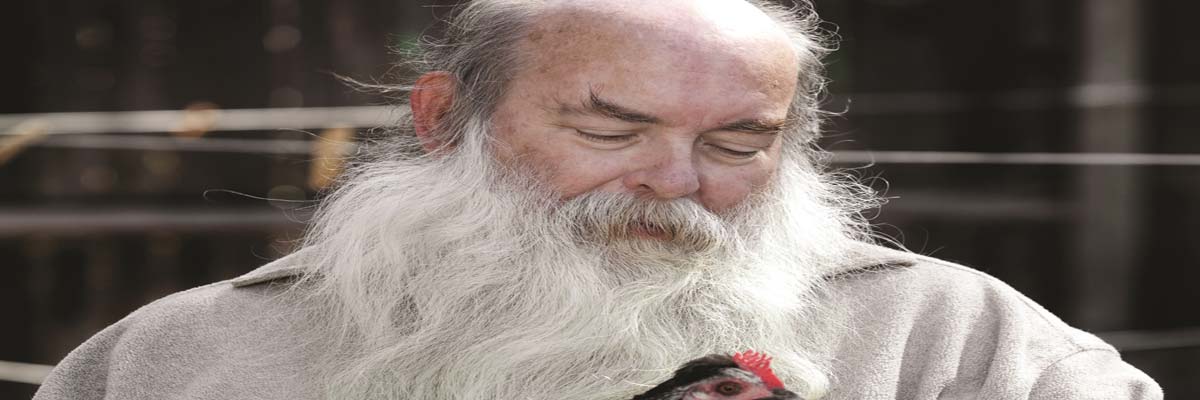Personal Review of ASPO-USA: Day 1
[ed note: I am putting this up without the bells and whistles (links, etc.), and with perhaps a few typos. I’d rather get it up in a timely fashion and return to it to correct any mistakes. Comments are welcome and appreciated by those that can clarify or rebut my recollection of the events.]
ASPO Day 1:
Our first day of ASPO started out with a tour of Old Sacramento, followed by a chance meeting with a board member of an upstart Extended Oil Recovery (EOR) firm called Titan Oil Recovery. He described their revolutionary technique to bring life to mature oil fields, involving the Titan process which causes microbes found in the well to multiply and break down the size of oil particles trapped in rock to a small enough size to allow them to flow, increasing total recoverable crude from the well, and causing a rapid increase in production. My opinion, keep an eye on this company. If they can really do what their data showed, it my be a game changer for production in mature fields.
Raising Urban Chickens: Part 2-Building a Coop
This is a guest post by Wendy from Home Is… From reading her blog I knew she had chickens, and since she lives in Maine her knowledge of building a coop that will hold up to cold weather could be quite useful. She has written a series of articles on our site before related to her personal decision to stay in her home in the suburbs during the coming descent down Hubbert’s Peak.
Tapping Your Maple Trees – Start Preparing Now!
Do your children think that food comes from the supermarket or maybe the shop at the gas station? We all have opportunities to open that door to the past and learn to rely on nature to provide for our dietary needs. If we give her a chance, it is amazing how willing Mother Nature is to sustain our needs. One green (and fun) opportunity to utilize nature is to tap your maple trees to collect the sap. Now that is really tapping into Mother Nature!
I started tapping maple trees in my yard several years ago and constantly get questions about how to do this. The reality is that with the right equipment and a little direction, it is quite simple. The trick is to be prepared when the sap starts to flow (sometime in February or March depending upon weather conditions).
The Neuton Electric Lawn Mower Kicks Some Serious Grass
UPDATE: Ecorazzi is now giving away a Neuton in celebration of their two year anniversary. One person will be chosen at random.]
Before I start this review, you should know that I have a love/hate relationship with lawns. Living in the Northeast, they’re a necessary evil when one has not yet shifted an entire backyard to something built on permaculture. On the other hand, a recently cut lawn does look beautiful and sharp — something drilled into my head from summers of mowing other lawns to make cash in High School.
When my lawn turns colors from a lack of rain, I do not get out the sprinkler. I consider it a vacation from the weekly chore of mowing. If weeds or other variants of grass make their presence known, I consider them compliments to the scenery. It amuses/depresses me to no end the amount of resources Americans spend on the upkeep of lawns across the US — especially in places where grass has no business growing in the first place.
Why Off-Shore Drilling Won’t Make A Dent in U.S. Consumption – Graphically Presented
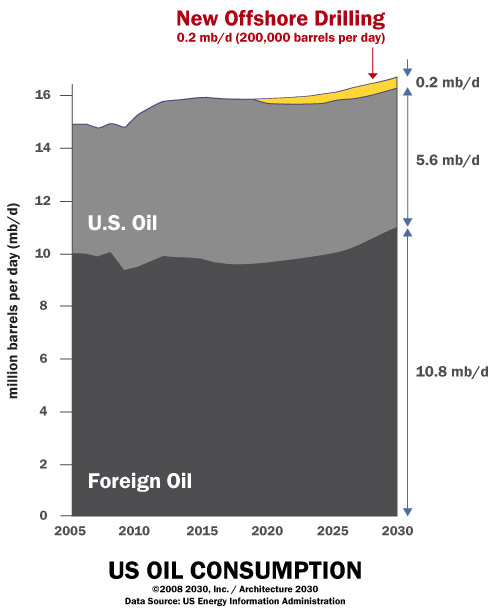
Saw this first at After Gutenberg, but it came via itsgettinghotinhere from a Architecture 2030 e-news bulletin.
A picture (or in this case, a graph) tells a thousand words.
Funeral Director Argues That Natural Burial Is Harmful To The Environment
You know you’ve been sniffing a little too much embalming fluid when you argue that natural burials are bad for the planet. And yet, that’s just what a funeral director from New Zealand did while participating in a debate on the topic during a town council meeting earlier last month.
Francis Day, of Marsden House Funeral Services, told the Nelson City Council that putrefaction of a body that was not embalmed would lead to higher toxicity levels in the surrounding soil to levels “which in many places would breach World Health Organization standards.” He continued that diseases and bacteria do not die when a person die but go right on living and could put “future communities at risk”.
Breaking News… from 1987
A Calvin & Hobbes strip from July 23, 1987 – over 20 years ago…
It’s a good thing that even a six-year-old imaginary character in the funny pages knew all about global warming way back then. I mean, just think – two whole decades of progress in mitigating… er… well…
Calvin… I’m sorry buddy.
Utah Residents and Businesses Do Not Own the Water that Falls on Their Property
Like Colorado, Utah has laws on the books that make it illegal to collect rainwater that falls on one’s property. A Utah car dealer installed a cistern and rainwater collection system to feed a on-site car wash that has water recycling technology. This was in an attempt to “go green”. He was thwarted by the state government, and eventually had to work out a deal. Local residents who collect rainwater will not be bothered at this point because “there are bigger fish to fry”.
It Is Time for the US to Sell Its Highways?
It’s difficult to imagine a person not having heard the old axiom “Buy low, sell high”, and it is prudent advice when you are making financial decisions. It’s the second part of that adage that might warrant a look at our strategy for infrastructure improvement in this country. If you are looking to make the maximum amount of money by selling something you want to sell that something when it’s at its highest value. I wonder then, is it time for our government to sell its infrastructure? You know, since the effects of Peak Oil are beginning to make themselves felt, the value of the infrastructure developed to serve cars running on cheap oil will decline each year into the future; starting soon. Selling high might mean selling soon.
Now, I don’t think we should sell all of it, by any means. We should keep the ports and the train lines, but is now a good time to start selling our roads, highways and airports? There has been news recently of other governments selling their infrastructure, and considering the value of these items in an energy scarce future I would contend that their value will never be higher. In fact, there is already plenty of news about airlines facing massive losses. (And starting to charge for baggage, pillows and normal drinks) How valuable will an airport be if we don’t have airlines? Or what if the ones we do have are marginally profitable? I say it’s better to sell now while the full force of Peak Oil hasn’t quite made itself felt.
An Interview With Bob Waldrop
This spring I had the pleasure of talking with Bob Waldrop as part of a series of interviews done for the forthcoming book A Nation of Farmers. Bob is a native, 4th generation Oklahoman, who was born and raised in Tillman County in southwest Oklahoma. His great-grandparents came to Oklahoma Territory before statehood. He is the founder of the Oscar Romero Catholic Worker House (which delivers food to people in need who don’t have transportation), the president of the Oklahoma Food Cooperative, and works as director of music at Epiphany of the Lord Catholic Church. He served on the founding board of directors of the Oklahoma Sustainability Network, and previously served on the Migrants and Refugees Advisory Committee of Catholic Charities. He is the editor of Better Times: An Almanac of Useful Information, which is distributed free. The 5th edition may be viewed at www.bettertimesinfo.org/2004index.htm. He is a member of the Oklahoma Food Policy Council. Although not presently active in the program, he has served as an Oklahoma County Master Gardener.
A big thank you to Sarah Louise Hartman for transcribing this interview.
Aaron Newton: Bob, could you describe the Oscar Romera Catholic Worker House, and the operations that you’re a part of there in Oklahoma City?
